Design
Take the Power Back
Read Article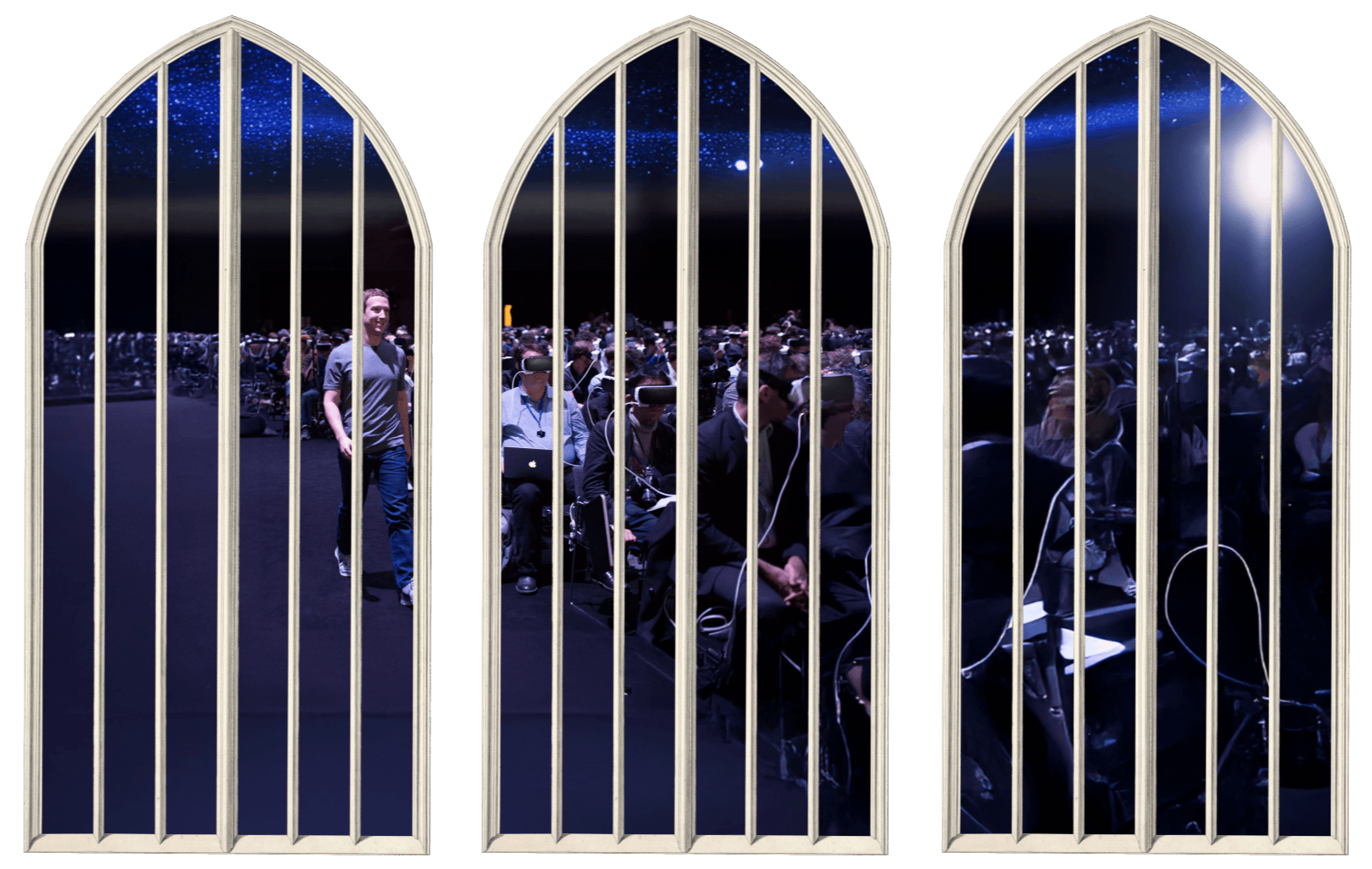
Design
News from Facebook
Read Article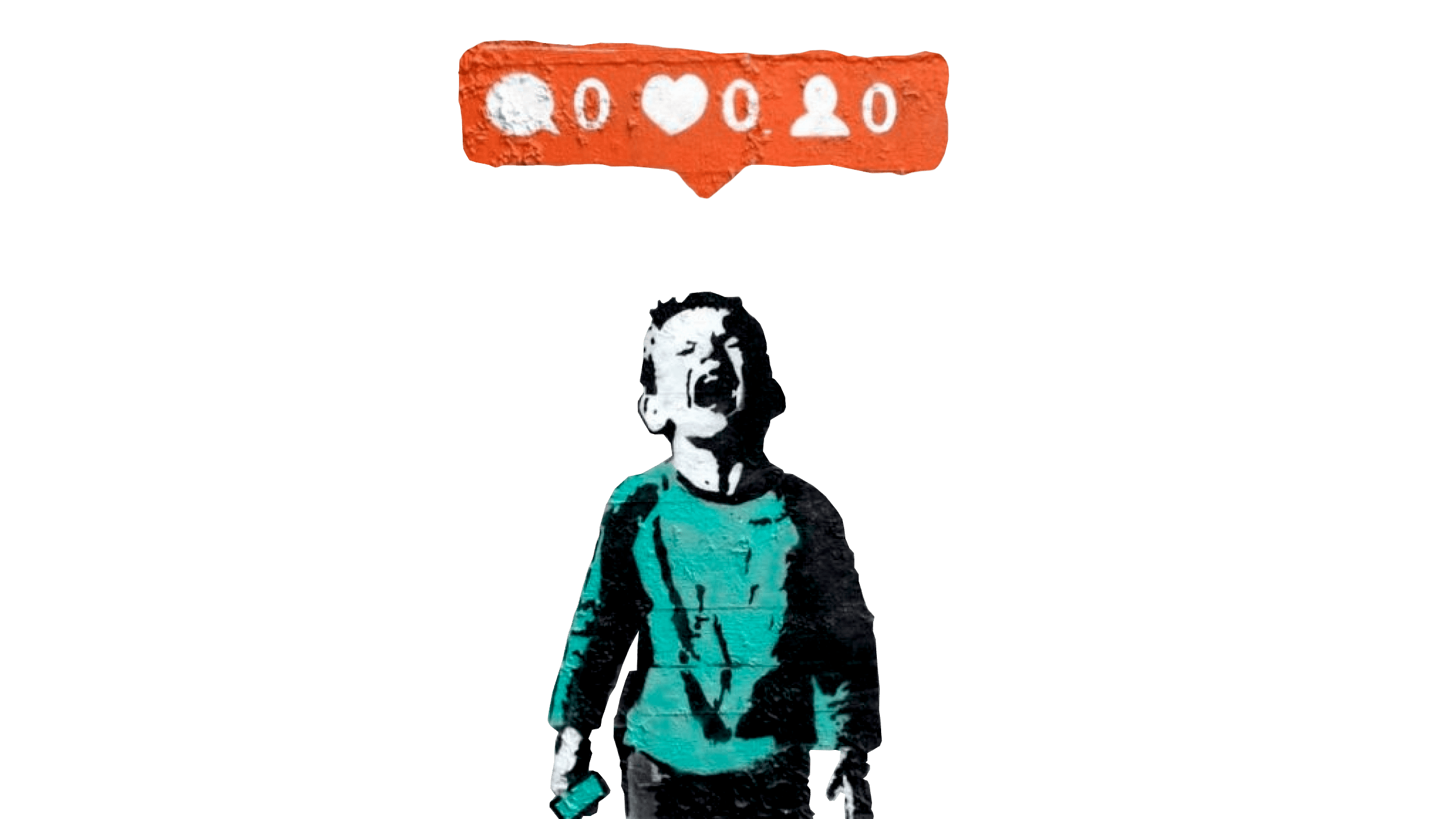
Design
“Art at scale”
Read Article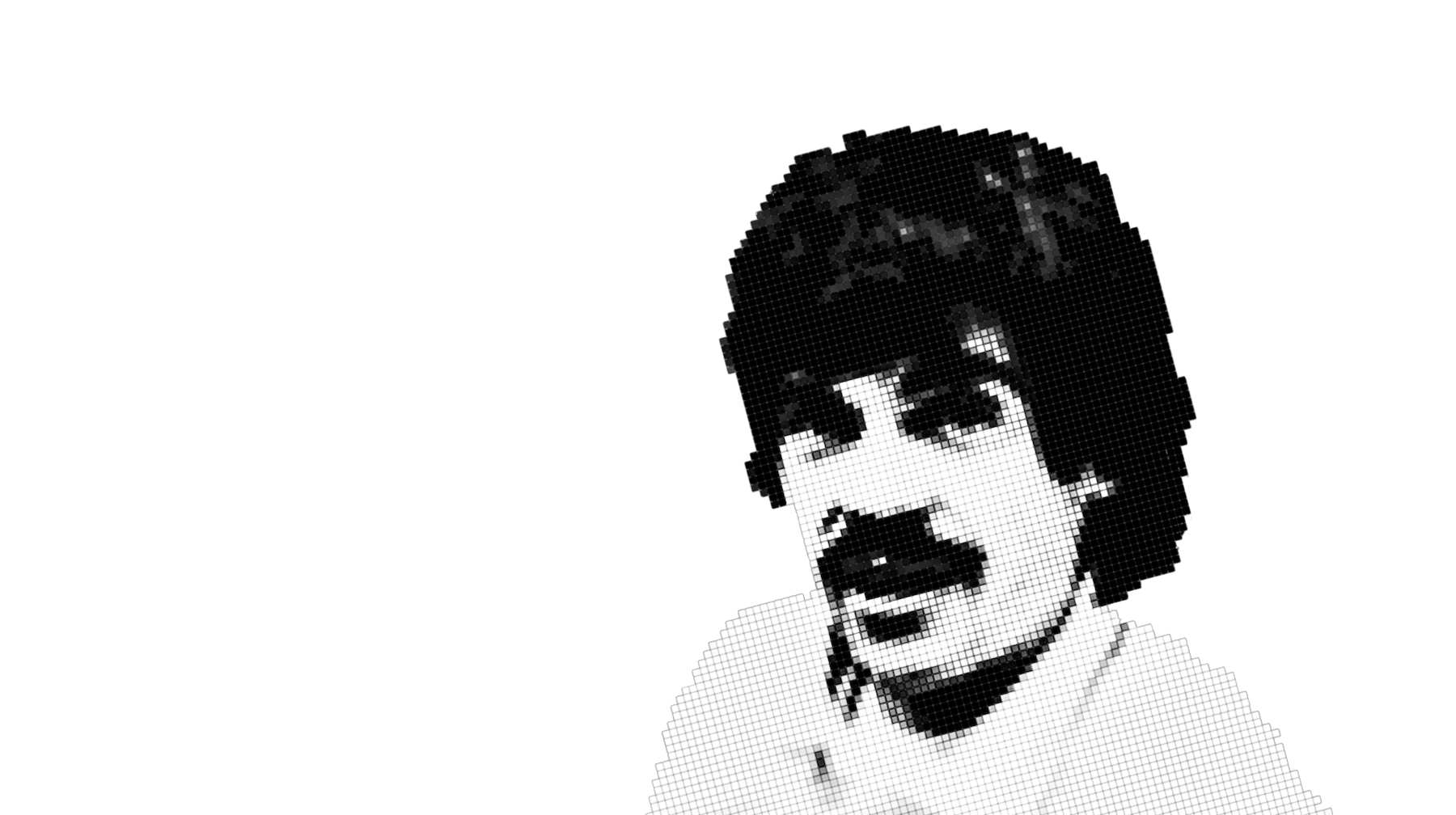
Design
Twitterror
Read Article
Design
Follow-up to “Sweep the Sleaze”
Read Article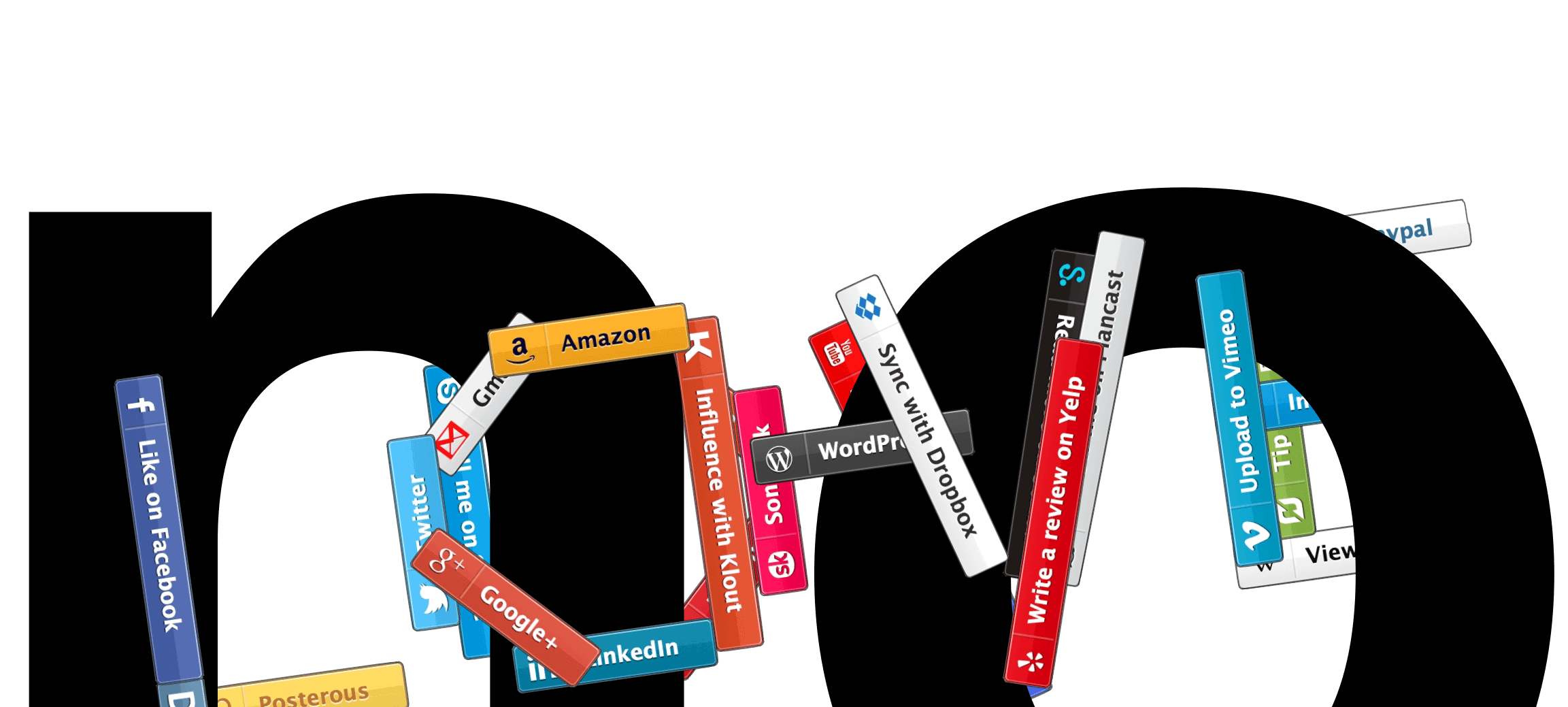
Design
Sweep the Sleaze
Read Article
Design
iPad: Scroll or Card?
Read Article
Technology and Web Trends
Web Trend Map Video Interview
Read Article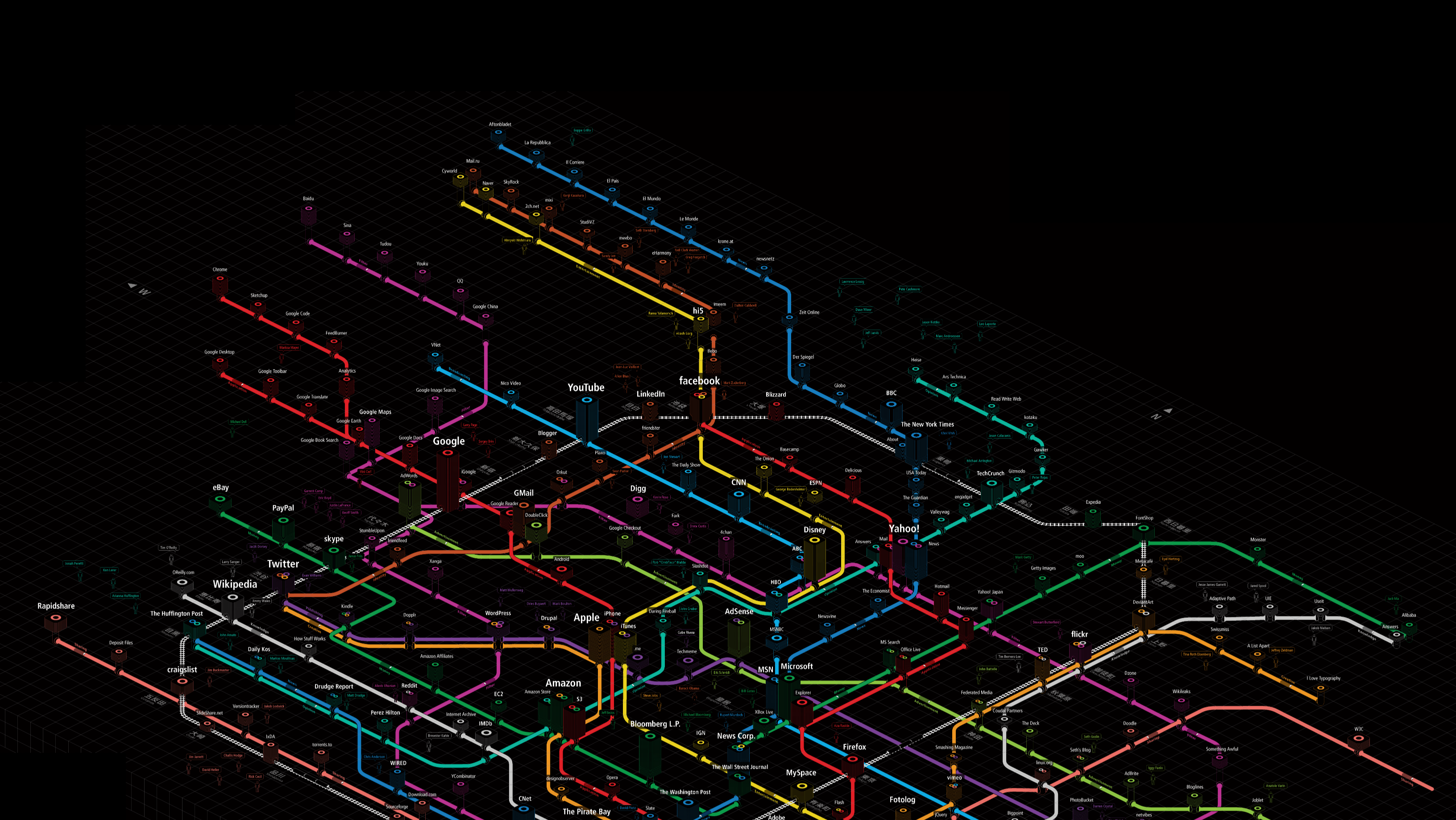
Design
The Age of Digital Baroque
Read ArticleWAIT 💻
Design
Data Gourmet
Read ArticleINFORMATION
Technology and Web Trends
Web Trend Map V3
Read Article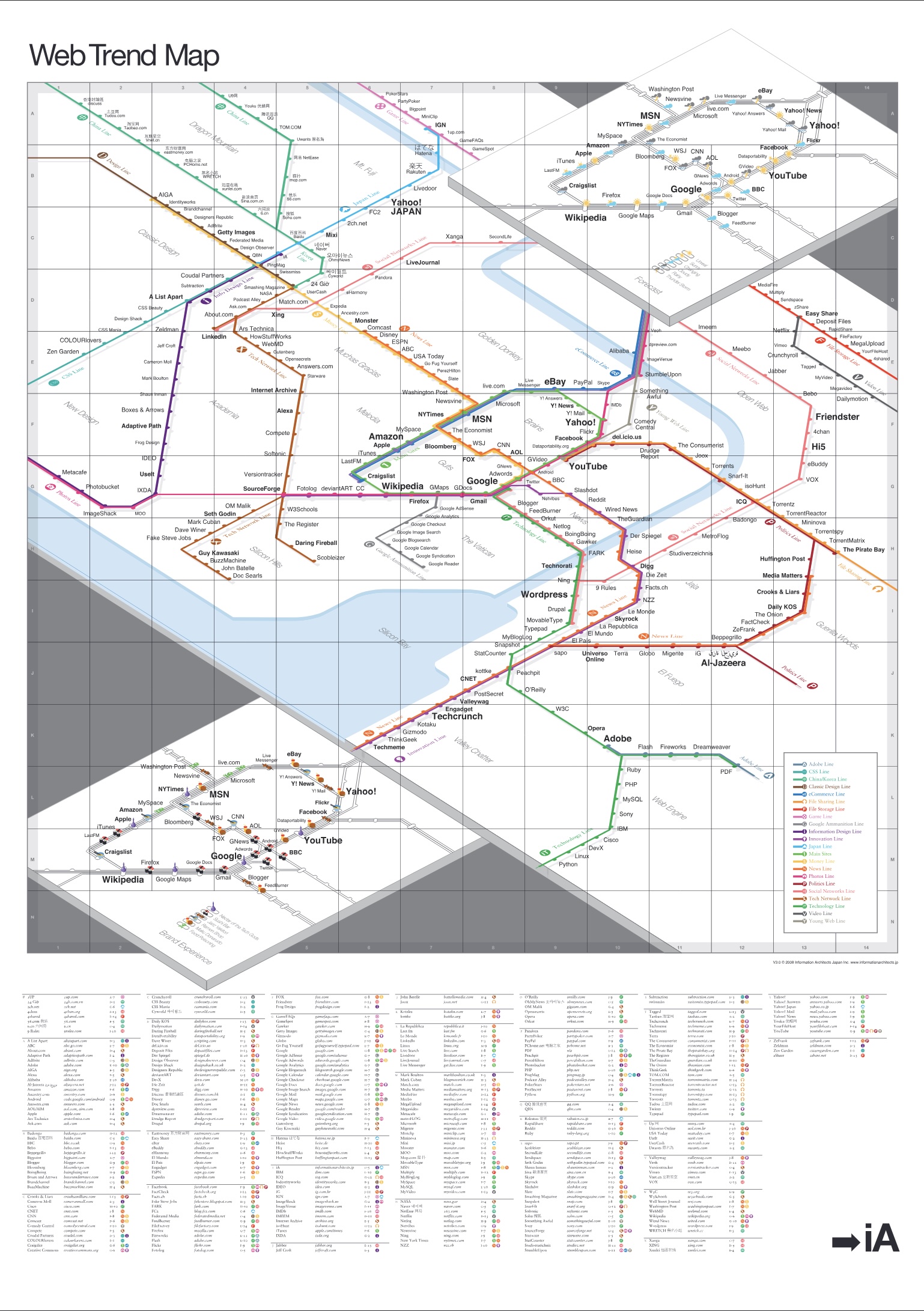
Technology and Web Trends
Web Trend Map 3
Read Article
Technology and Web Trends
Web Trend Map 2008 Beta
Read Article
Technology and Web Trends
Web Trend Map 2008
Read Article
Technology and Web Trends
Predictions for 2008
Read ArticleFUTURE
Design
Looking Back on 2007
Read Article🙉
Design
Web Trend Map 2007
Read Article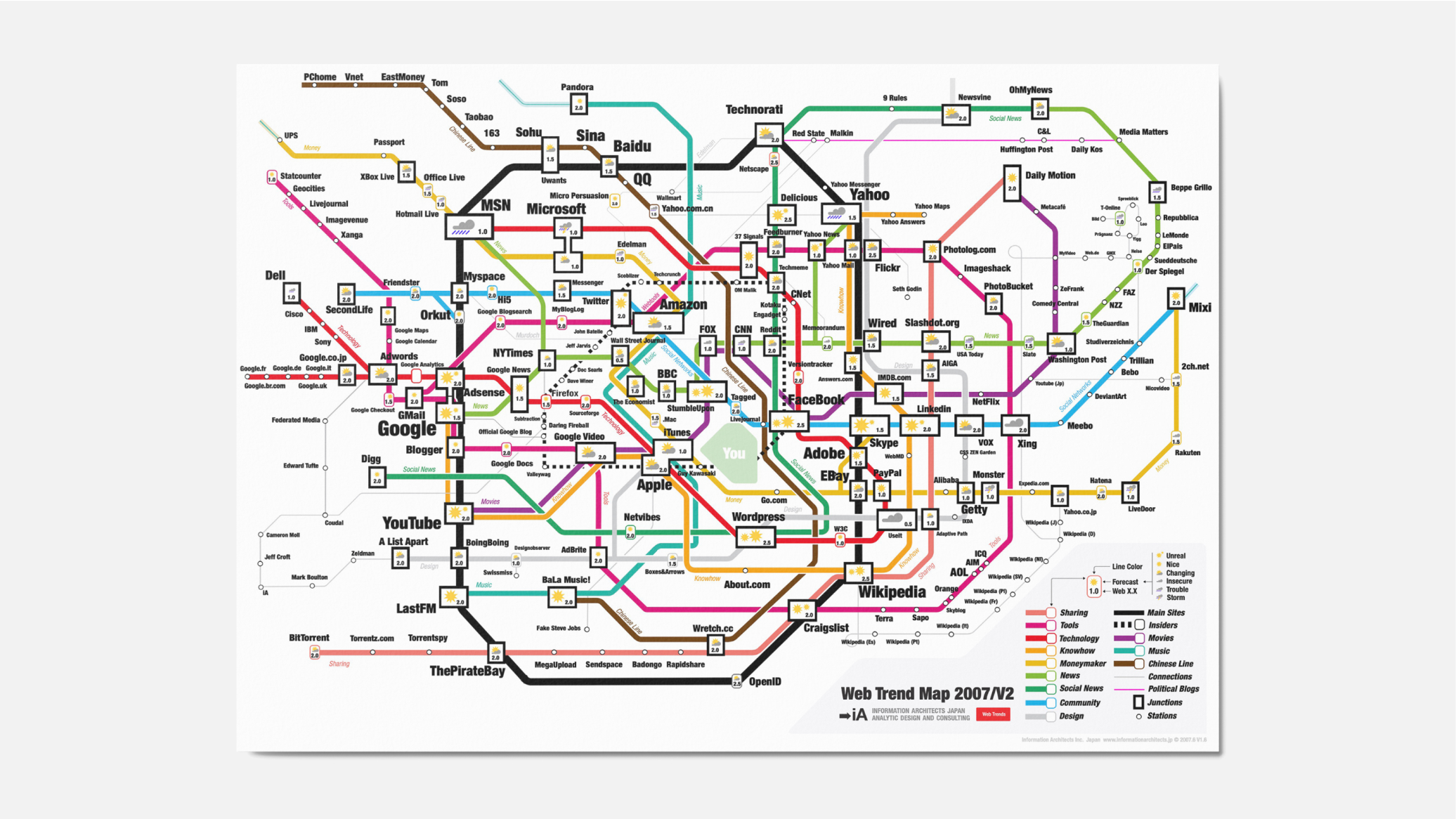
Design
Understanding New Media
Read Article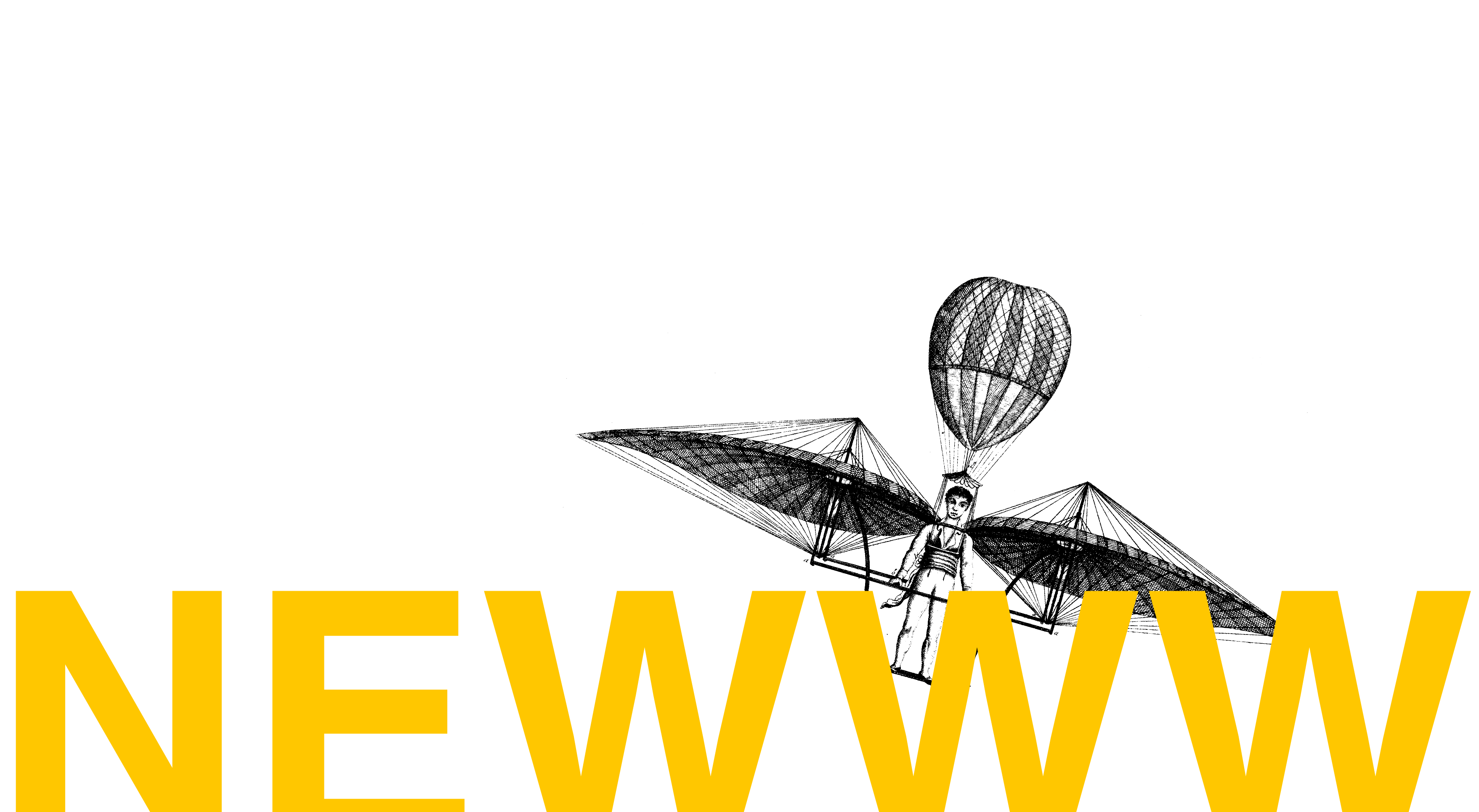
Design
Web Trend Map 2007
Read Article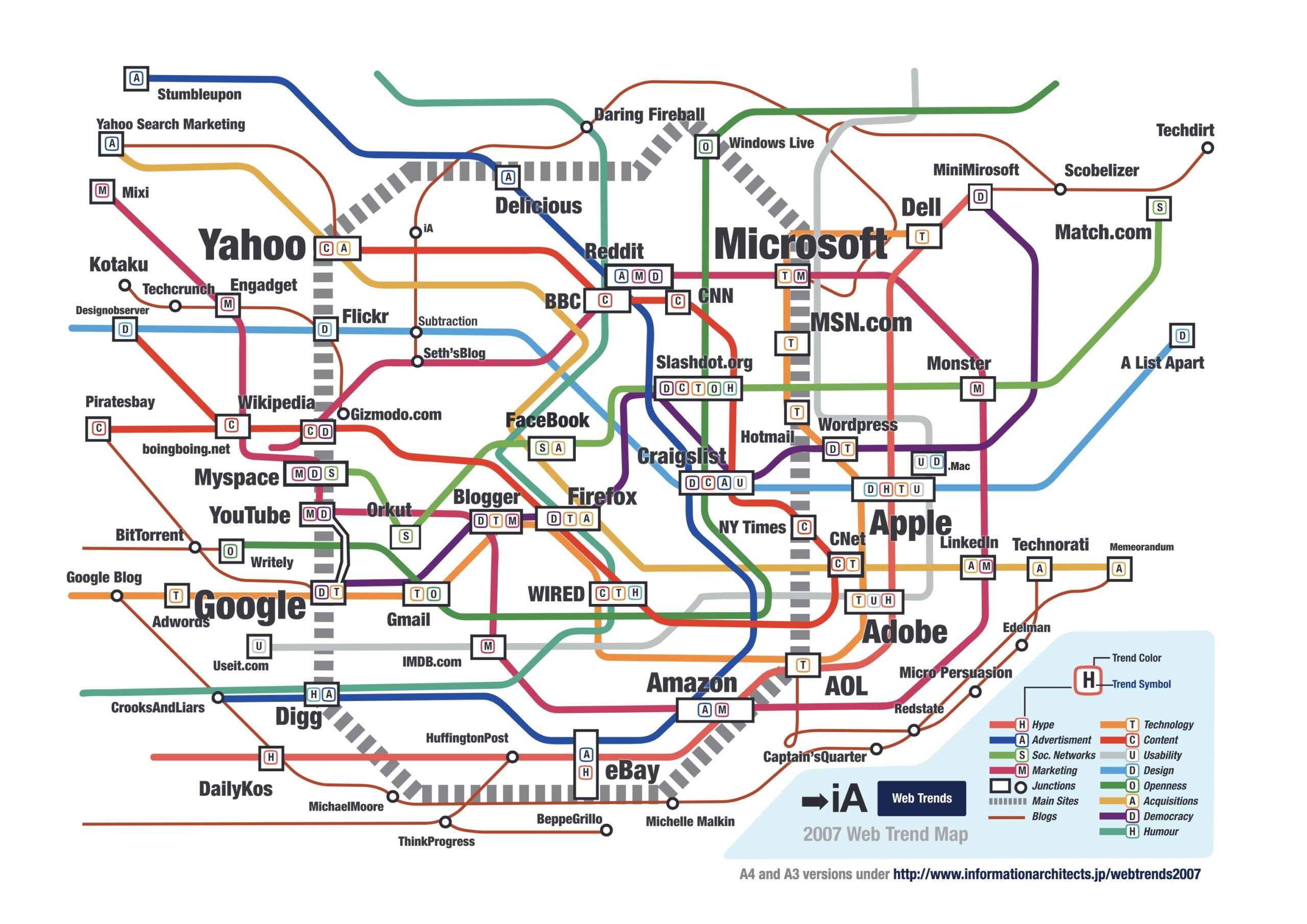
Design
Internet 2007 Predictions
Read Article
Design
Web 3.0
Read Article